Q&A: What books do you recommend reading before (and after) having a baby?
These are the books and educational resources that I found most useful both before and after the birth of my child.
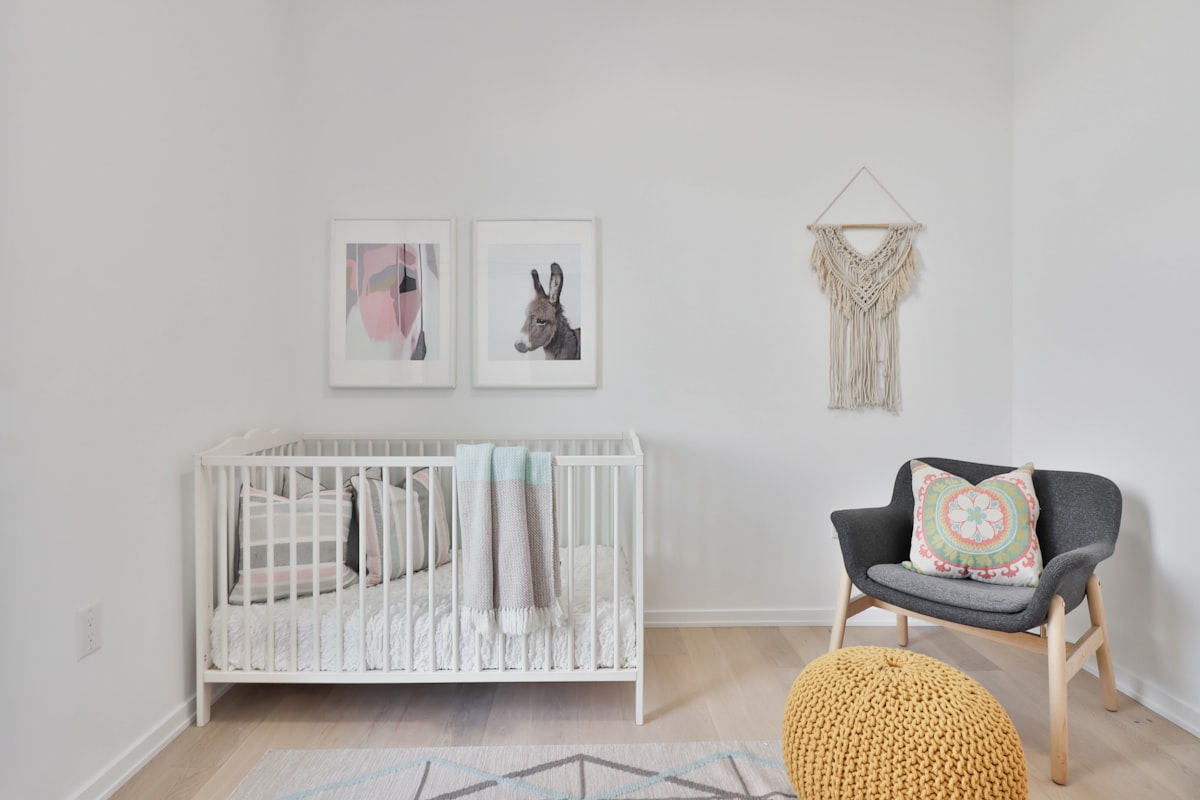
My wife and I had our first child in 2020, and since I'm a huge nerd and love to read, I was compelled to do some preparation ahead of time so that I could be better aware of what to expect and maximize our chances of success (or at least survival). I'm by no means a parenting expert, and parenting is very much one of those TMTOWTDI-class problems, but nonetheless I figured that with the 200,000+ years that modern hominids have been raising offspring, there were likely some best practices out there that could help dispel some of my ignorance.
Here are a few of the books and other educational resources that I found most useful when having our child.
Before and after birth: Expecting Better
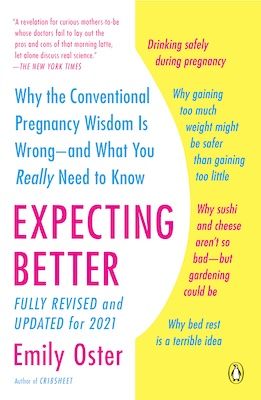
Expecting Better by Emily Oster was helpful both before and after birth. The author is an economist who answered a lot of "should I do this?"-type questions with heavy bias towards hard data, and it covers both pre-pregnancy and post-pregnancy topics so it's something that you can keep referring back to over time. It really helped remove a lot of ambiguity for me about what was supposedly good vs. what data actually says is good, and what you'll probably find (as I did) was that many things actually fall into the "it depends" category or, more often than not: "the data says this doesn't really matter either way".
Since reading Expecting Better, I also signed up for Emily Oster's email newsletter, ParentData, which has been useful and I read nearly every newsletter she publishes.
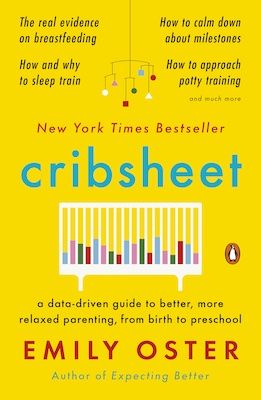
As you get further into the post-newborn world (e.g. infant, toddler, etc.), the same author has a follow-up book called Cribsheet that I also though was good (but has even more "it depends" answers, because that's how most things actually are as children get older).
After birth: The Happiest Baby on the Block
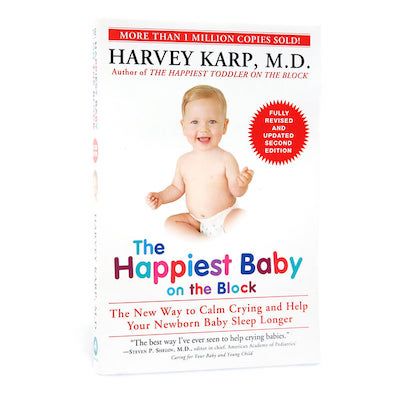
The Happiest Baby on the Block by Harvey Karp was written by the same guy who came up with the "5 S's" which you might have already heard about. In my opinion, these were invaluable techniques for the newborn phase, and we found the 5 S's worked really well with our child. The book could probably be distilled down to like 10 pages, but overall it was great and we used the 5 S's all the time with our daughter when she was a newborn.
There's also a Happiest Baby video course that you can buy from the same author. We took that in addition to reading the book, and overall I thought it was helpful, mainly because it was useful seeing video demonstrations of some of the techniques presented in the book (especially the rocking/swaying stuff - they're quite a bit more vigorous than I was comfortable doing at first!). That being said, you could do just one of these and it's probably sufficient.
Overall, the 5 S's really helped us survive the first few months with a baby that was crying a lot.
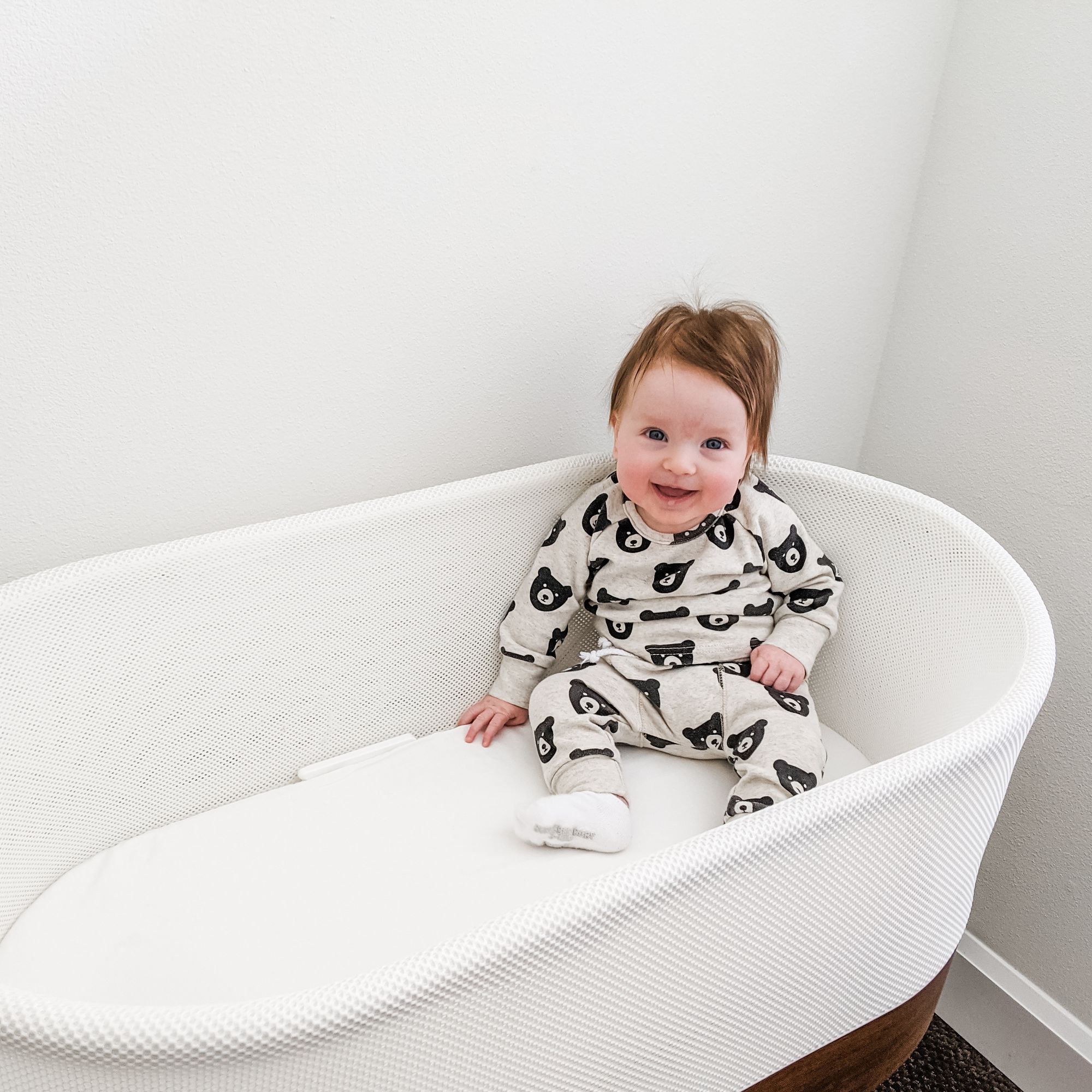
And on the note of 5 S's: we rented the Snoo smart bassinet (again from the same company) and it was really valuable for us. It automates some of the 5 S's while the child is sleeping, like automatically rocking back-and-forth and playing white noise when the child gets upset, and the best way I can describe it is: while it doesn't at all replace the role of an engaged parent, it helped comfort our child through some of the minor, low-value upsets that come with being a newborn.
The only thing I'd call out as a gentle warning: I know a lot of folks who got Snoos because they're trendy and heard that they're useful, but then didn't use them as intended. If you do get one, take some time to read up on the philosophy of the 5 S's and sleep hygiene stuff, which is all covered in the book and related Snoo documentation. Basically, the anti-pattern is when people use the Snoo as a normal bassinet, and then do a bunch of things that were counter-productive to the 5 S's, then blame the Snoo for not working. If you're not going to follow the 5 S philosophy, that's totally fine – just don't spend an unnecessary fortune on a Snoo bassinet!
Before birth: The Birth Partner
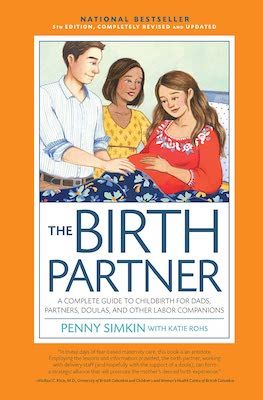
It was my personal goal to try to be as educated and useful as possible during my wife's pregnancy and delivery - and if nothing else, less ignorant. So I read The Birth Partner by Penny Simpkin, which I think was originally intended for doulas but also was really useful as a partner.
If you've already read about pregnancy and delivery (which I had through other books like the Mayo Clinic Guide to a Healthy Pregnancy by Dr. Myra J. Wick), you won't necessarily gain a lot from this. My wife and I took some pregnancy and birthing classes through our hospital which covered a lot of the basics, but this book was useful because it got a lot more into the details. Ultimately, I didn't use a lot of this knowledge - we had a standard hospital birth, a relatively uninteresting delivery, and the medical staff were great - but I felt much more comfortable knowing what to expect.
After birth: Taking Cara Babies
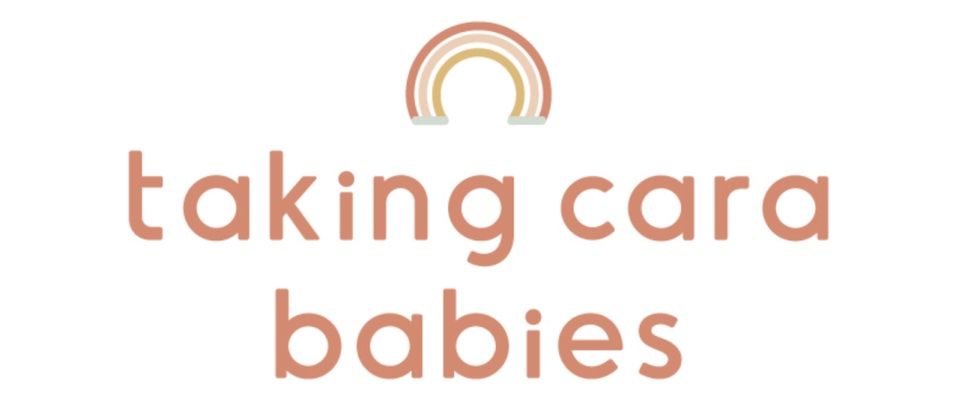
"Sleep training" is this concept where - through various different methodologies - you help teach your child to sleep independently without requiring parent intervention. We took the video course Taking Cara Babies which we thought was invaluable and still appreciate even now that our daughter is 2.5+ years old. We started sleep training with our baby around Month 5, and following this program, we intentionally taught her how to sleep in a crib by herself and self-sooth without requiring a ton of our intervention as parents. Basically, it's about helping babies build the skills to calm themselves down (once they have enough maturity to do so) without requiring parents to run into the bedroom every 10 minutes.
This course really was a magic bullet for us (and granted, our child was still developing too, so some of this can be attributed to her increasing maturity). But as an example, before we did sleep training, we'd have to go into her bedroom every 20-30 minutes to comfort her, from about 7pm until midnight, then she'd finally fall soundly asleep. We did sleep training for about 3 days, and after 3 somewhat challenging nights (mainly lots of crying), we'd put her down at 7:30pm and she'd sleep (for the most part) peacefully until 7:30am. Seriously: we went from soothing her 10-20+ times per night to months and months (and now years!) of almost never going into her bedroom to intervene. It was pretty darn amazing and she's been a champion sleeper ever since 5 months, which continues now that she's over 2.5 years old.
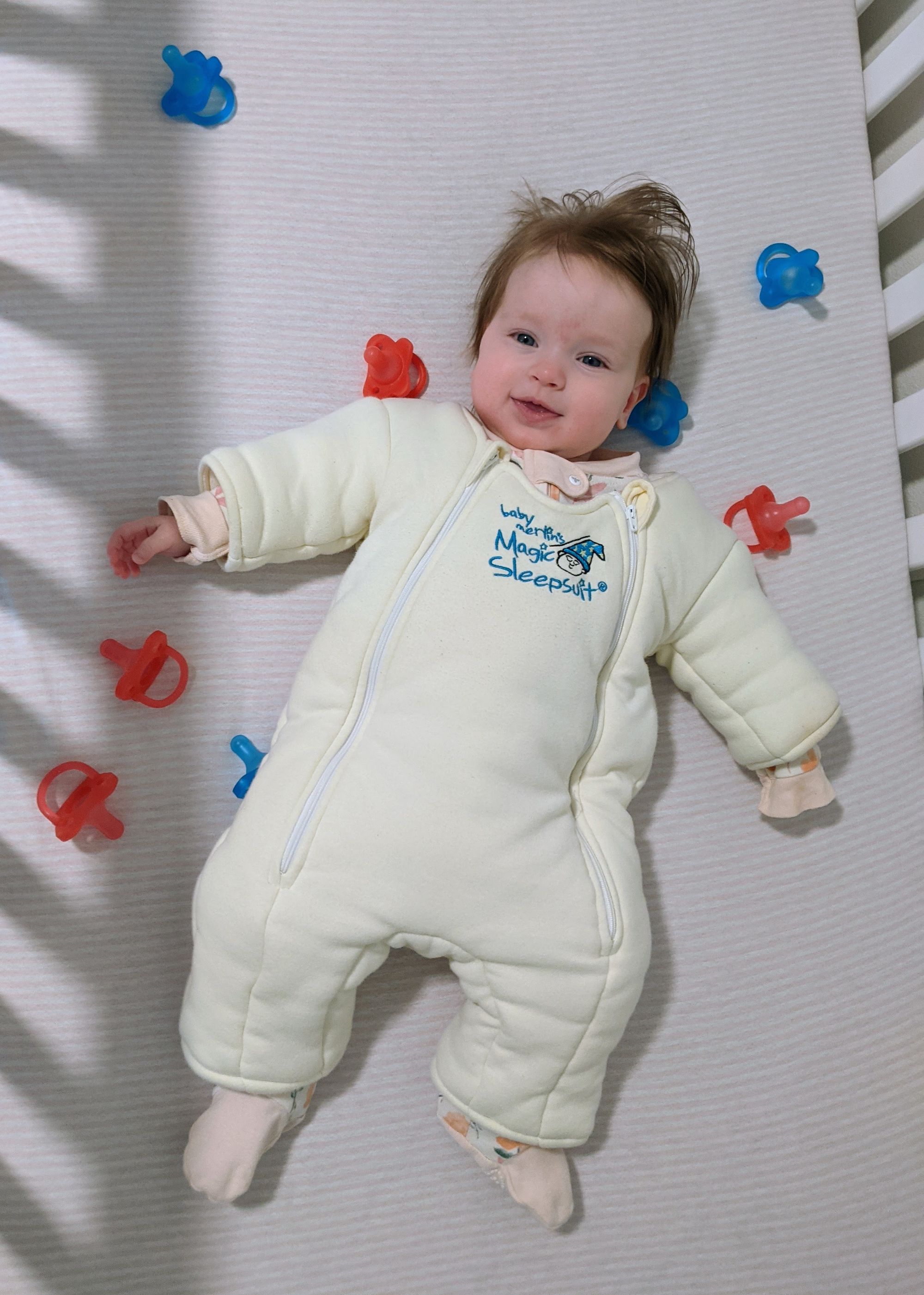
The most challenging part of sleep training our child was that, while she quickly became a champion night sleeper, she was very much not a champion day napper. This isn't unusual: night sleep vs. daytime napping are separate developmental skills, and some children simply take longer to develop their ability to nap than others (ours ended up getting better at napping once she was 12 months old, which was a painfully long time to have so many 20-minute naps per day). But the night sleep was life changing – after 5 months she was sleeping perfectly every night, and so were we. We had a lot of friends with kids the same age, and they were still having to go into their kids bedrooms all the time even 1+ years old. Over time, those really start to add up!
Now to be fair, this whole sleep training thing is also a big philosophical parenting question: Are you comfortable letting your kid cry, within reason, and learn to self-sooth themselves in the short term, so then in the longer-term they are more resilient and happier without a ton of adult intervention for the trivial things? On one hand, none of us want our children to be distressed, but on the other hand, self-soothing is an incredible skill that often only develops when you make space for it. For us, it was very worth the investment.
So those are the books and educational resources that we found most useful in hindsight after having our first child. Overall, the first 2.5 years have gone really well, and I attribute a lot our success to these early investments that are still paying off each day.
If you found this post useful, you can check out the other posts in my Question and Answer series, or subscribe to my newsletter (it's free!).